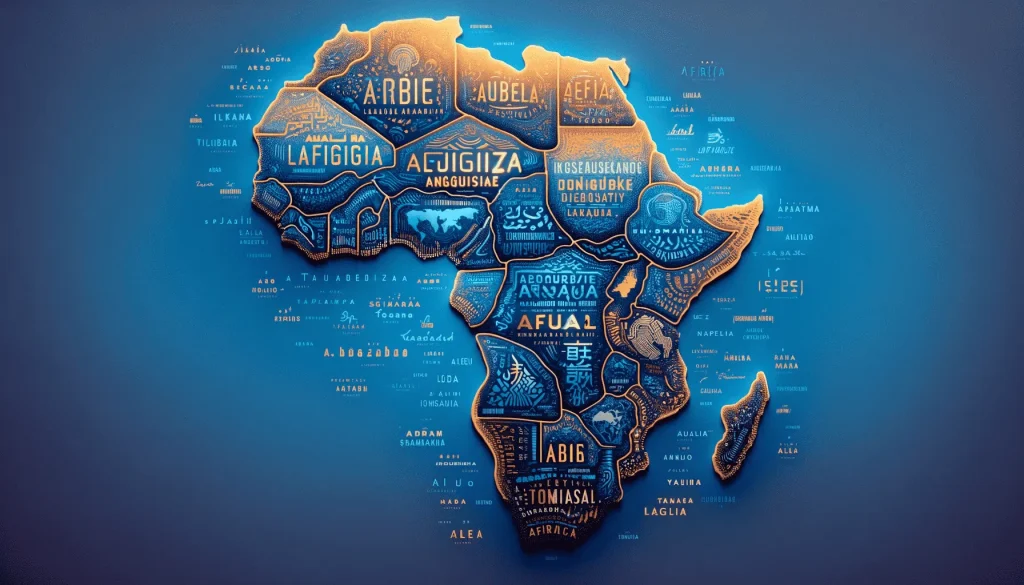Fully embracing artificial intelligence in Africa has become critically important for achieving the continent’s sustainable development goals.
To make a leap forward in this area, the initiative “AI Language Models in Africa, By Africa, For Africa” was announced on Tuesday, October 21, during the Mobile World Congress held in Kigali, Rwanda.
The initiative aims to develop continent-wide language models. It seeks to accurately represent African languages, cultures, and knowledge in the global digital future.
ORANGE AND PARTNERSHIP ROLES
Orange will take a leading role in this project alongside Airtel, Axian Telecom, Ethio Telecom, MTN, and Vodacom.
The company had previously signed a partnership with OpenAI and Meta on November 27, 2024, to develop an AI capable of recognizing and interacting with African languages. This collaboration reaffirmed Orange’s consistent commitment to artificial intelligence.
AI LANGUAGE GAP IN AFRICA
Currently, most dominant language models are trained on a limited number of “global” languages. This situation seriously overlooks Africa’s rich linguistic diversity, which includes thousands of languages.
This existing “AI language gap” marginalizes billions of potential users. Because AI has not been fully adapted to the continent, Africans cannot fully benefit from AI’s facilitative services in essential areas such as education, health, agriculture, or public services.
AI usage in Africa is expected to reach 99% by 2030, and effective use of AI could generate an estimated $2.9 trillion in revenue.
FOUR KEY ELEMENTS FOR LANGUAGE INTEGRATION
To achieve proper AI language integration, four key elements must be professionally implemented:
DATA: Collect millions of words and phrases in African languages, strictly adhering to consent and anonymization rules, covering major languages, local dialects, and spoken language without prioritizing only cities or elites.
COMPUTING POWER: Pool resources to train these AI systems, reduce costs, and ensure information security.
TALENT: Train African AI experts and provide attractive career opportunities to retain them on the continent, thereby growing the new sector.
GOVERNANCE: Governments should establish a clear legal framework, encourage innovation and investment, protect citizen data, and ensure that new technologies benefit everyone.
If successful, this project will mark a significant step forward in AI integration across Africa.



